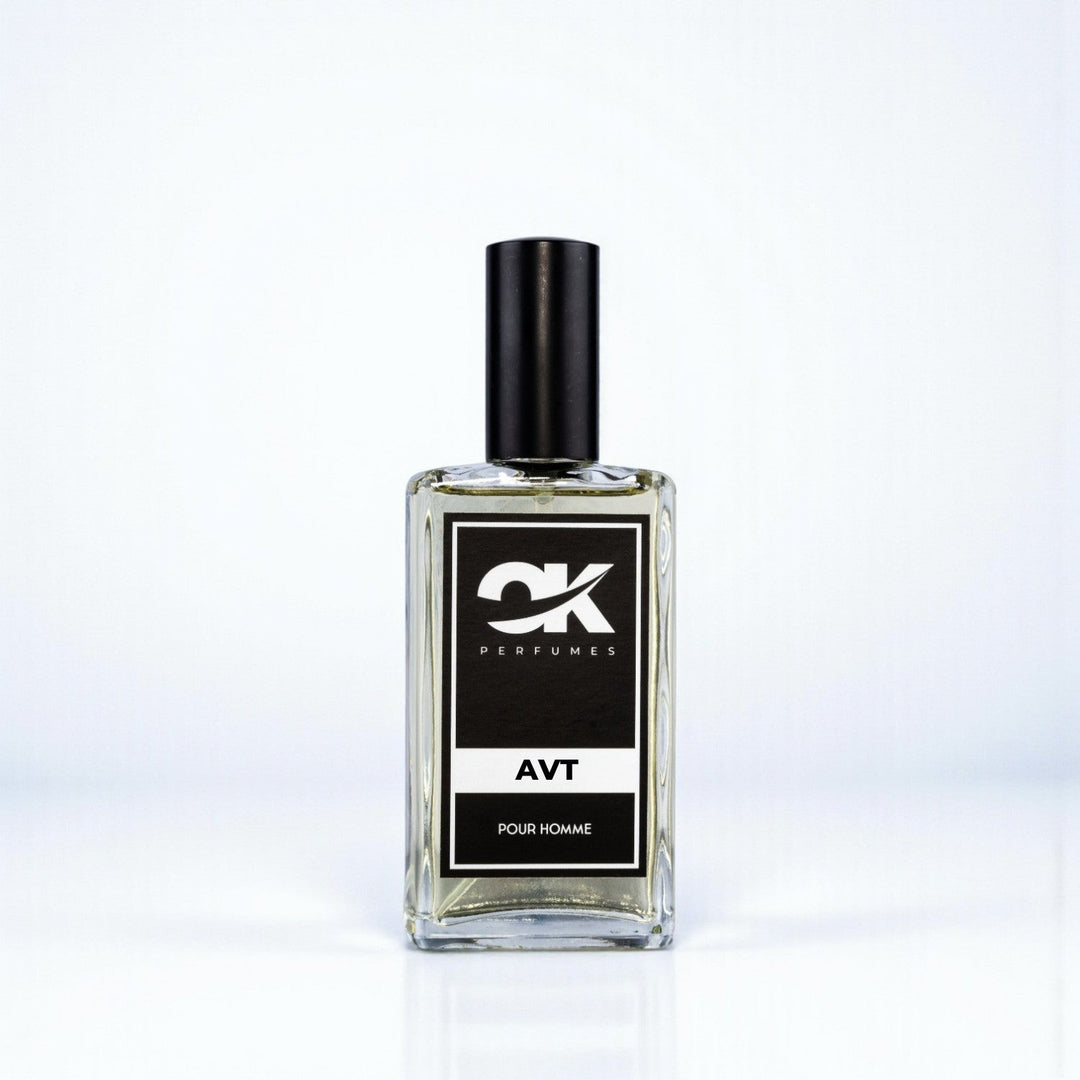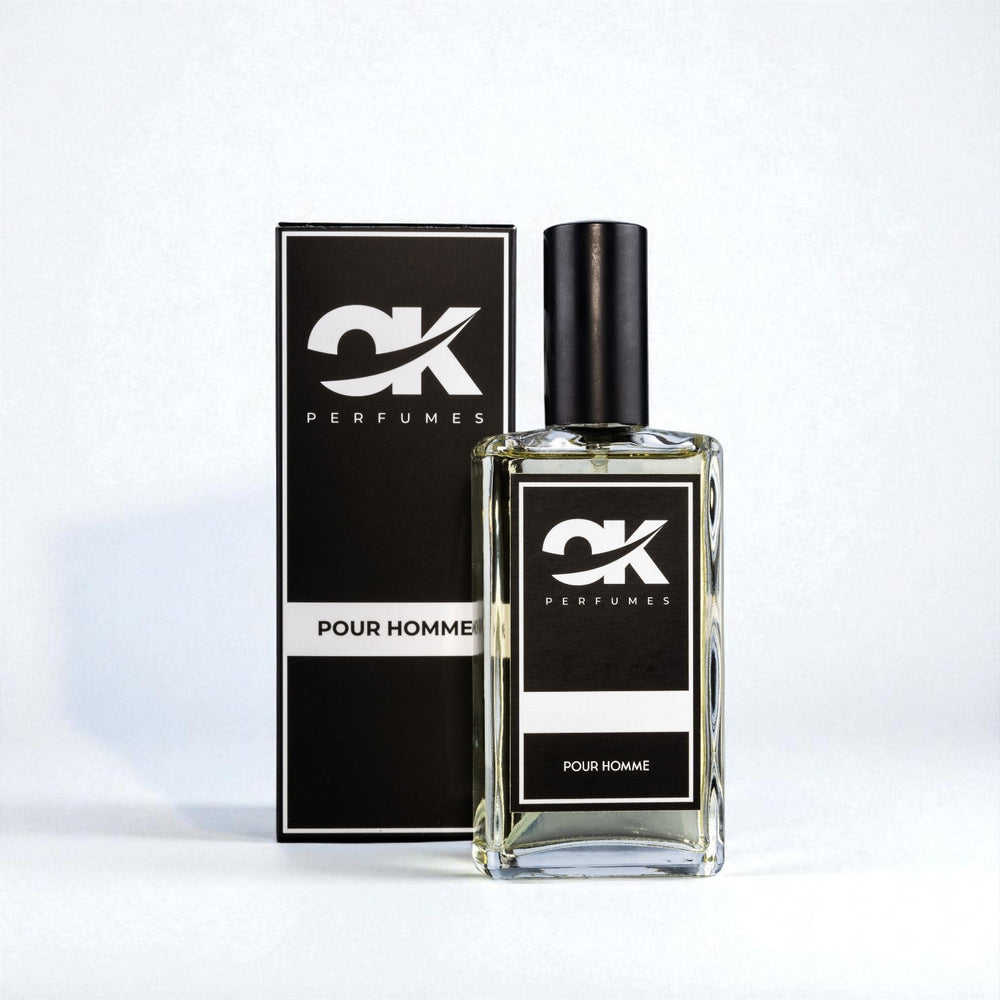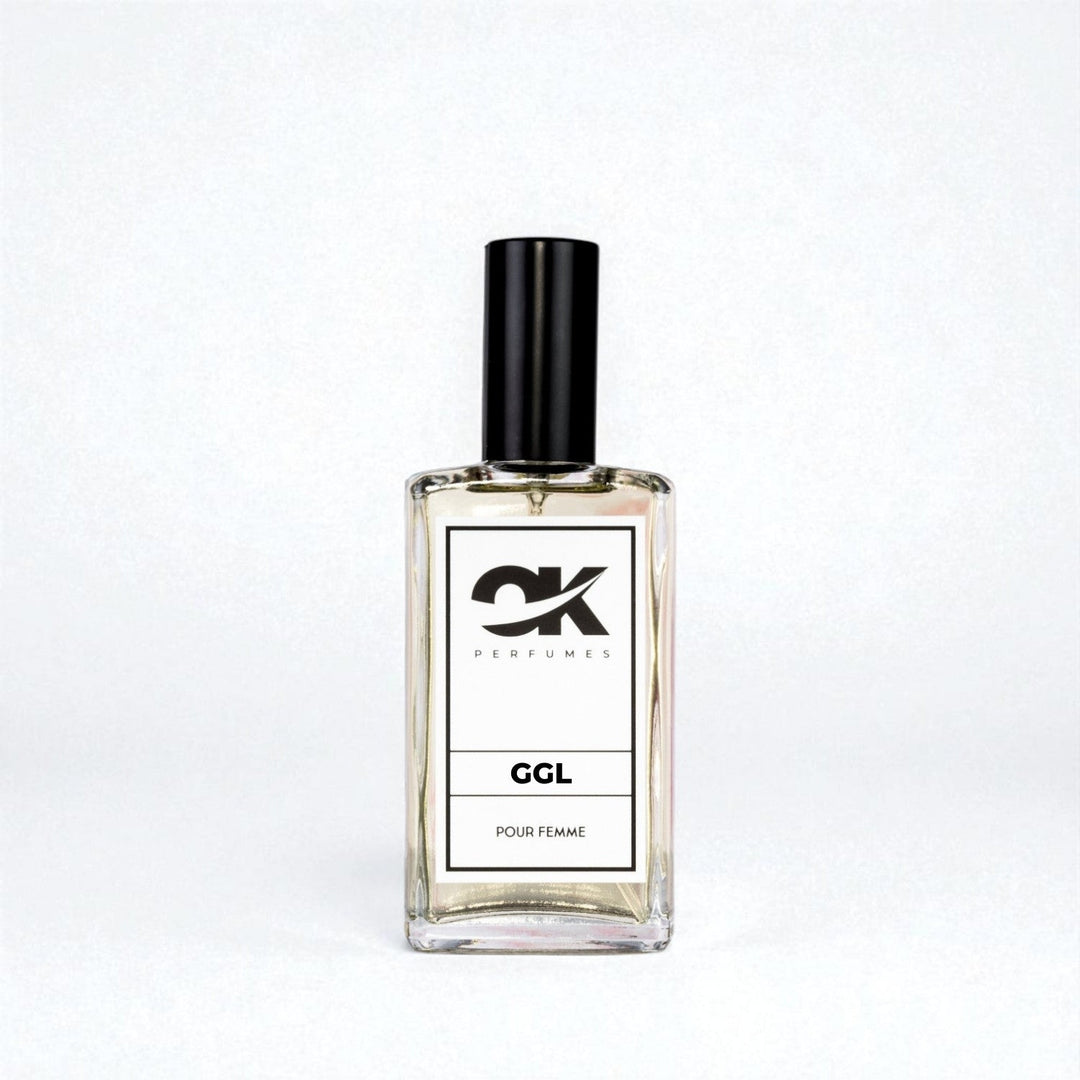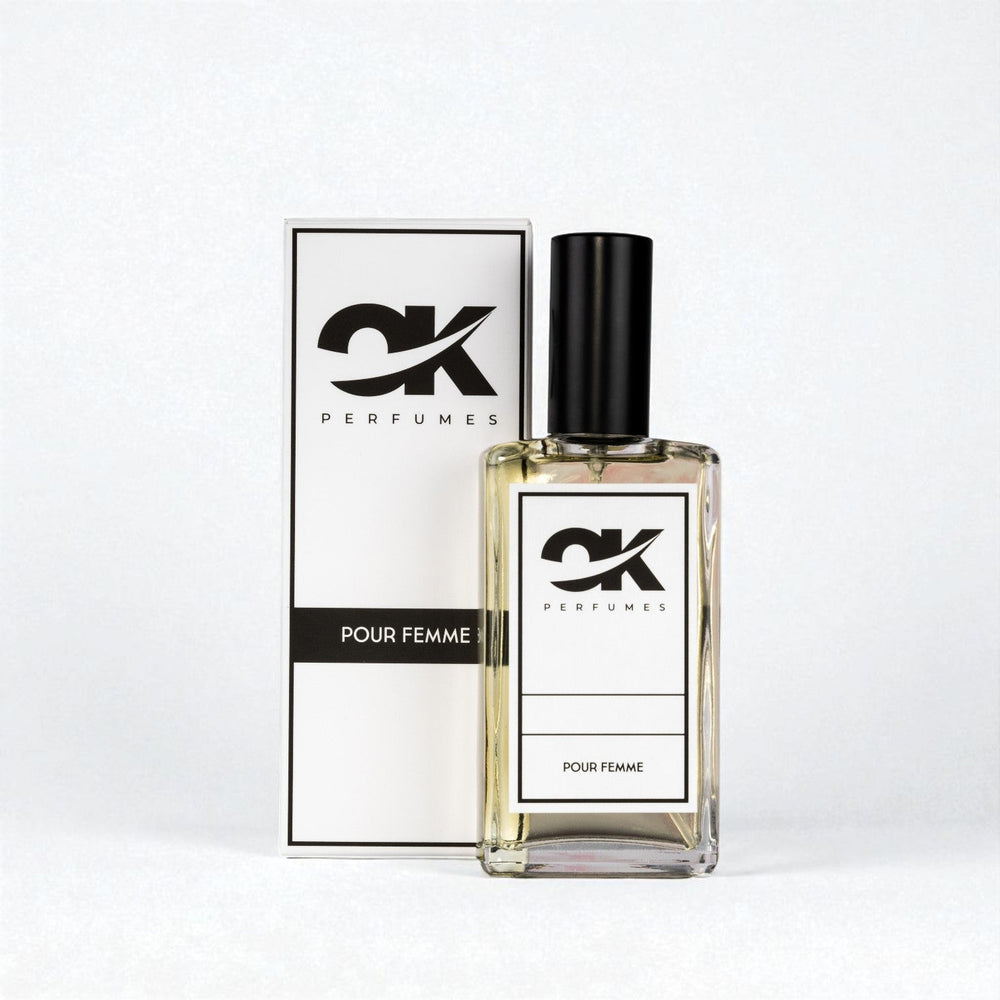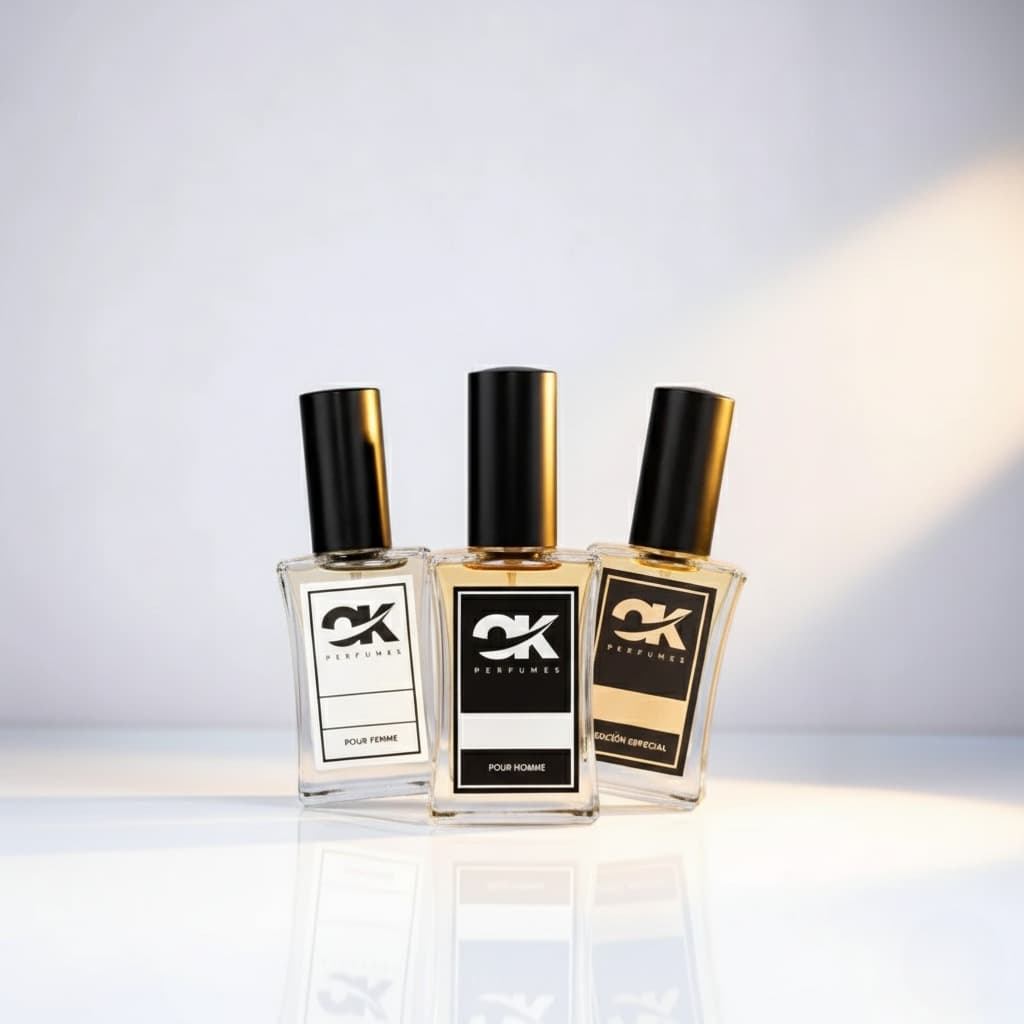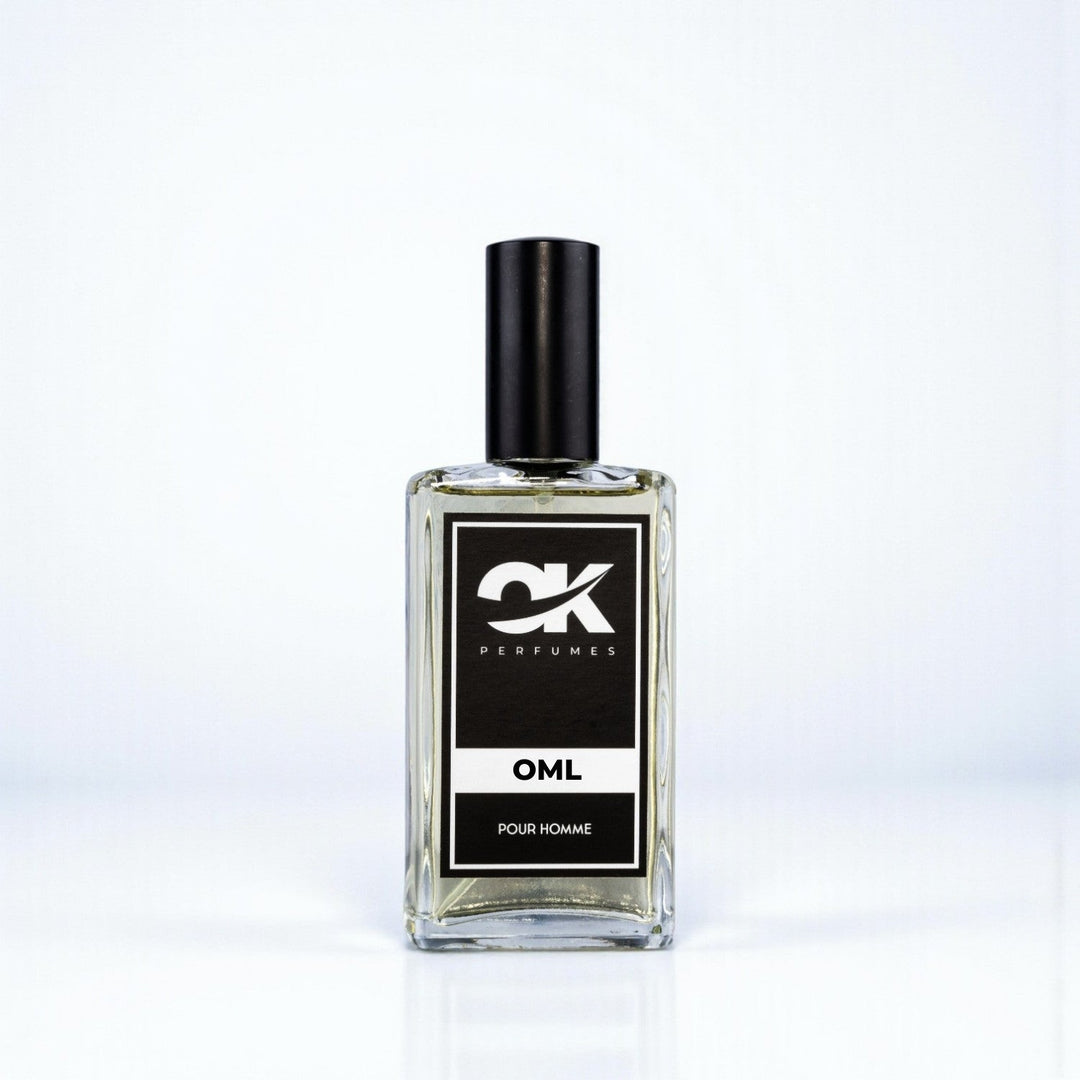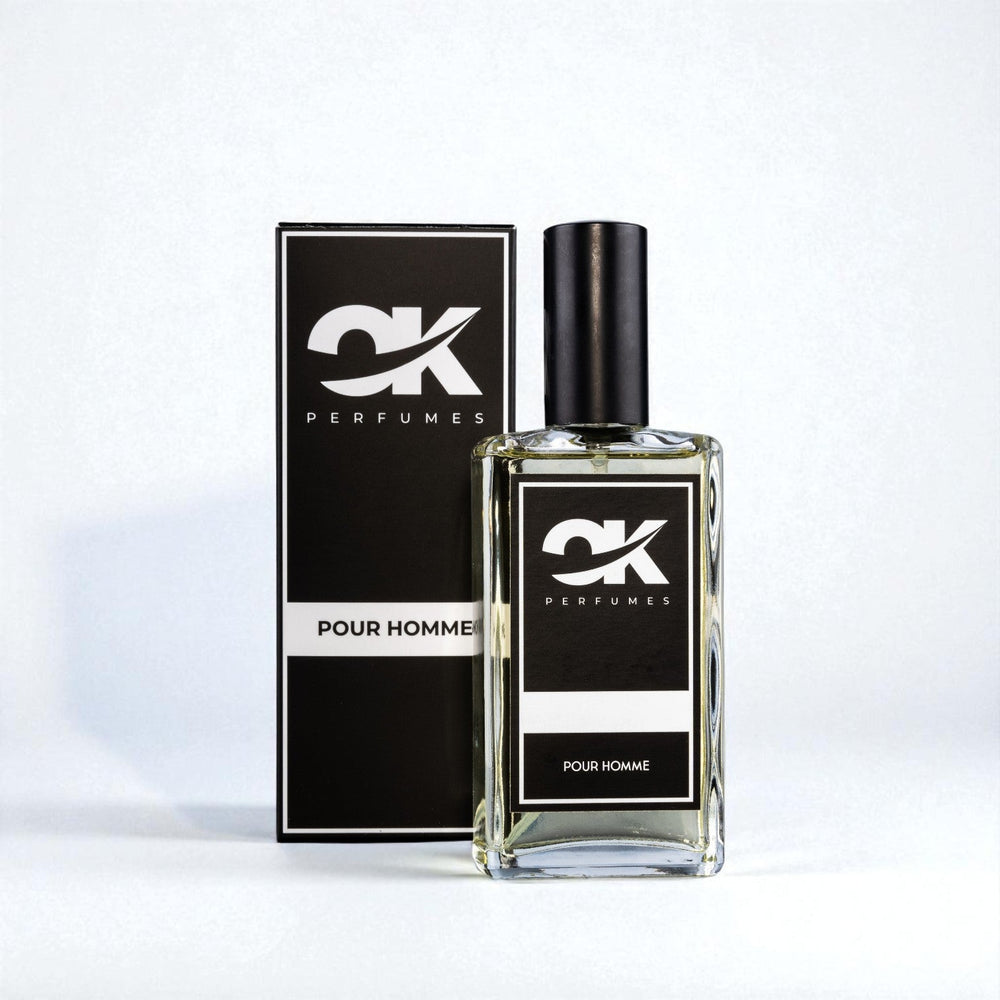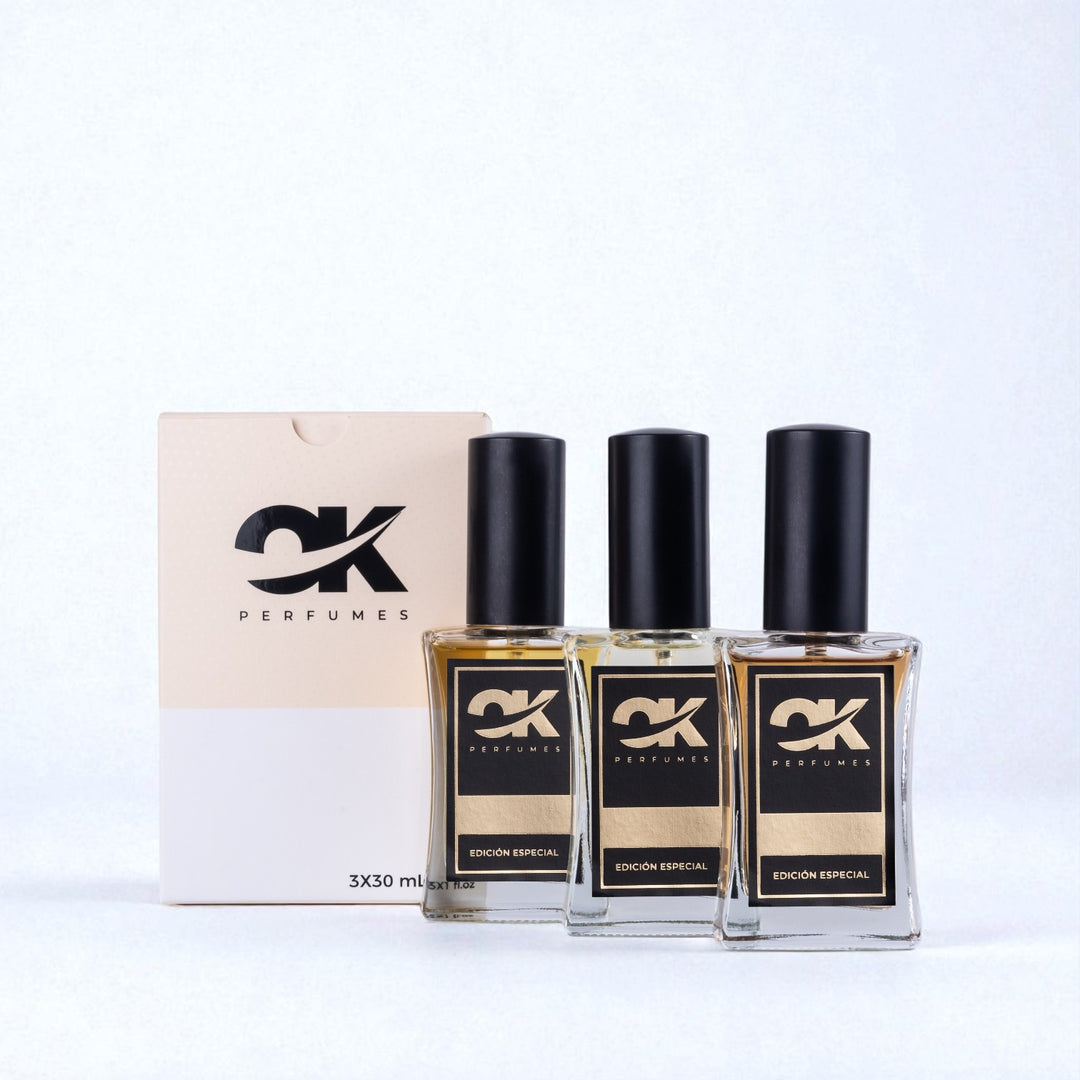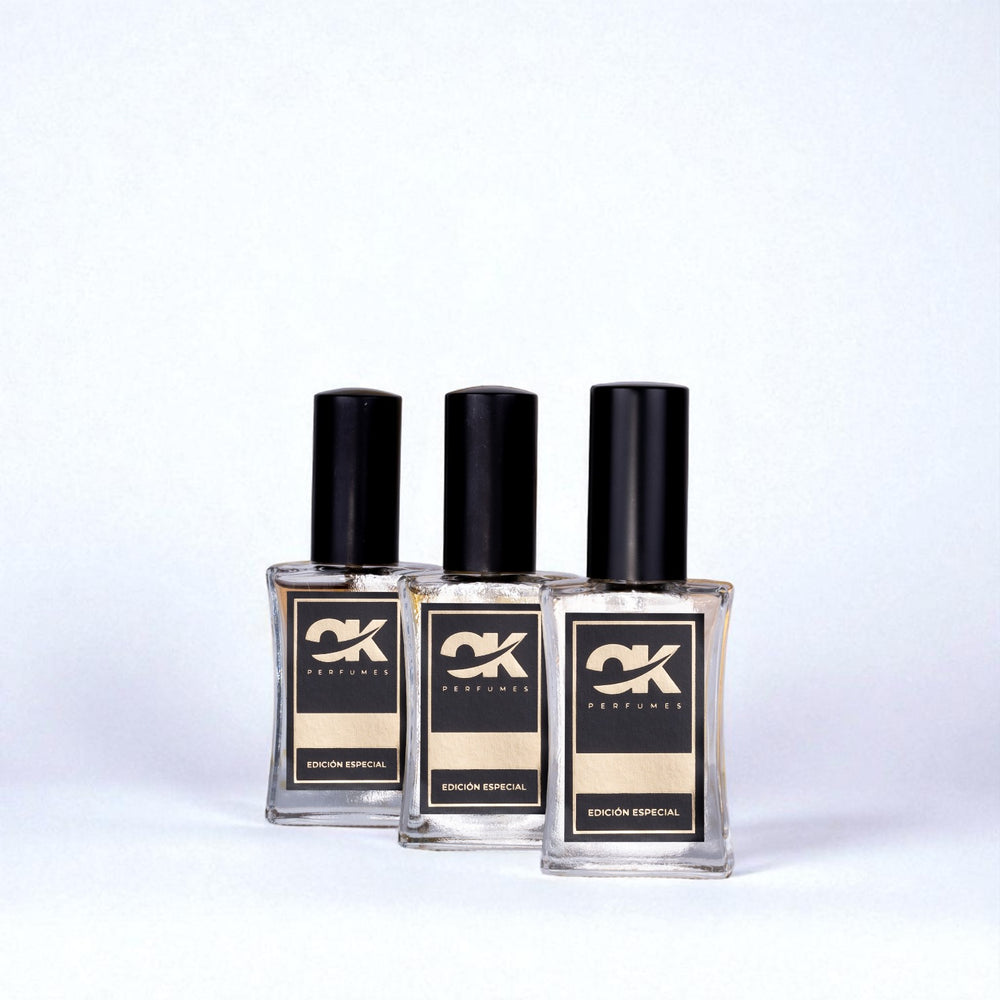The Transformation of Perfumery Through the Centuries: An Aromatic Journey
Perfumery is an art that has evolved significantly since its beginnings, taking root in cultures and civilizations around the world. This olfactory journey not only involves a transformation in the ways we create fragrances, but also reflects our changing tastes, innovations in quality, and access to equivalences that democratize the use of perfumes. In this article, we will explore how perfumery has progressed over the centuries and what the future holds.
The First Beginnings: Perfumery in Antiquity
The history of perfumery dates back several millennia, with Mesopotamia and Egypt being the civilizations most renowned for their use of fragrances. The earliest evidence of the use of perfumes comes from temples, where scents were used as part of religious rituals. Materials such as myrrh and frankincense were used in ceremonies.
The Role of Egypt
In ancient Egypt, perfumery was considered a sacred art. The Egyptians created perfumes based on plant oils and floral extracts. Furthermore, hieroglyphics found in tombs reveal that perfuming the body before death was an essential tribute to the gods. Fragrances represented purity and were believed to allow the spirit of the deceased a pleasant journey into the afterlife.
The Middle Ages: A Renaissance of Fragrances
With the fall of the Roman Empire, perfumery suffered a slight decline in Europe, although it continued to thrive in the Islamic world. During the Middle Ages, the Arabs perfected the distillation of essential oils, leading to the creation of more complex and refined perfumes. This advancement was key to the evolution of modern perfumery.
The European Renaissance
The Renaissance brought with it a great openness to Arab culture, and with it, fragrance distillation techniques. France, in particular, became the heart of perfumery, laying the foundation for what we consider the modern perfume industry today. With the arrival of the French court and the famous King Louis XIV, perfumes acquired a luxury status, symbolizing wealth and elegance.
The 19th Century: The Revolution in Perfumery
The arrival of industrialization in the 19th century marked a turning point in perfume production. With the introduction of modern chemistry, synthetic scents were created, revolutionizing the world of perfumery. These products allowed for the creation of fragrances at a more affordable cost, giving more people the opportunity to enjoy the quality of a good perfume.
The Diversification of Perfumes
At the end of the 19th century, a wide variety of perfumes began to emerge, especially in France. Iconic fragrances such as Scandal Absolu pour homme began to appear on the market, setting trends that would influence future generations. This not only paved the way for well-known perfume houses, but also promoted the creation of equivalences that made quality perfumes accessible to a wider audience.
The Modern Era: New Horizons and Technologies
The 20th century brought with it a boom in the perfume industry, with iconic brands launching fragrances that became classics, such as Chanel No. 5. With the advent of advertising and marketing, perfumes ceased to be mere luxury products and became symbols of social status.
The Consumer Experience
Today, the perfume market is more diverse than ever. Quality remains paramount, with both luxury brands and more affordable options vying for consumers' attention. The rise of online commerce has also allowed customers to purchase quality perfumes at more affordable prices, as seen in virtual stores. E-commerce platforms are full of equivalents, offering consumers the opportunity to find their ideal fragrance without compromising their budget.
Current Trends in Perfumery
Today, trends in perfumery are changing rapidly, and the focus on sustainability and natural ingredients has become a popular lifestyle among consumers. Brands are responding to this demand with products that are not only high-quality but also environmentally friendly.
Sustainable Perfumes
Consumers are increasingly aware of what they buy and how it affects the world. This has led to an increase in demand for perfumes that use sustainable ingredients and eco-friendly packaging. Brands are innovating to create fragrances that are not only pleasing to the nose but also kind to the planet.
The Future of Perfumery
As we move into the future, we're likely to see increased personalization in the fragrance industry. Thanks to technology and consumer preferences, fragrance houses are beginning to offer personalized options that allow users to create their own unique fragrance. These advancements will also make it easier to find equivalents to popular perfumes, making them accessible to everyone.
The Perfumes of Tomorrow
The perfume industry is constantly evolving and transforming. With the rise of online sales platforms, such as OK Perfumes , consumers can now explore a wide range of perfume options of varying quality and price points. Increasingly, people are looking for products that aren't just fragrances, but that tell a story, reflect their personality, and align with their values.
The Conclusion You Didn't Expect
The history of perfumery is a testament to human ingenuity and the tireless pursuit of beauty through scent. As we continue to explore this exciting world of fragrances, it's clear that the evolution of perfumery will continue to advance, reflecting our cultural diversity and our concerns about quality and the environment. So, the next time you choose a perfume, remember that you are carrying centuries of history, tradition, and aromatic evolution with you.




